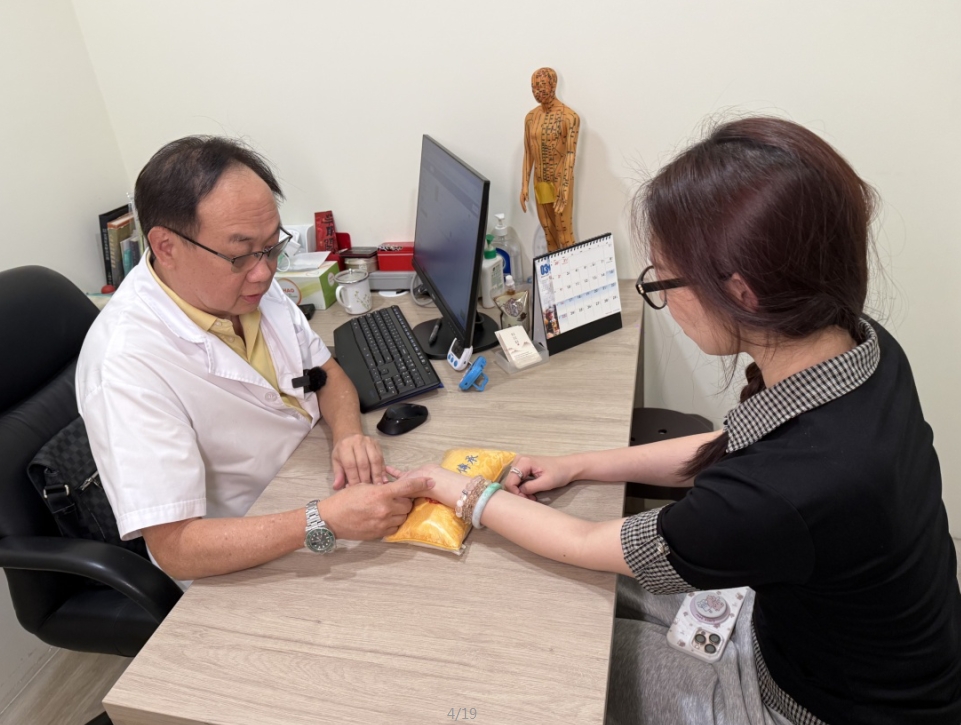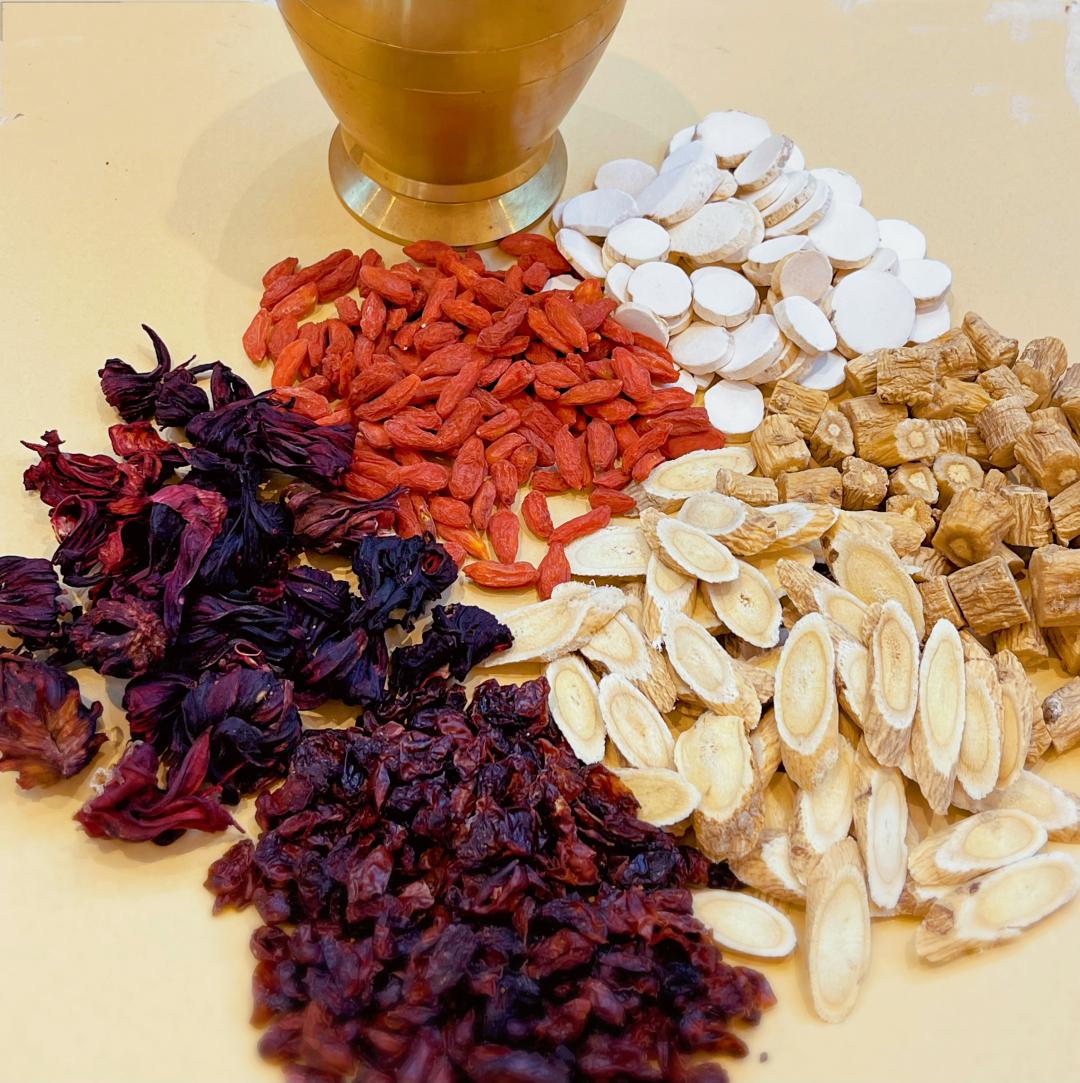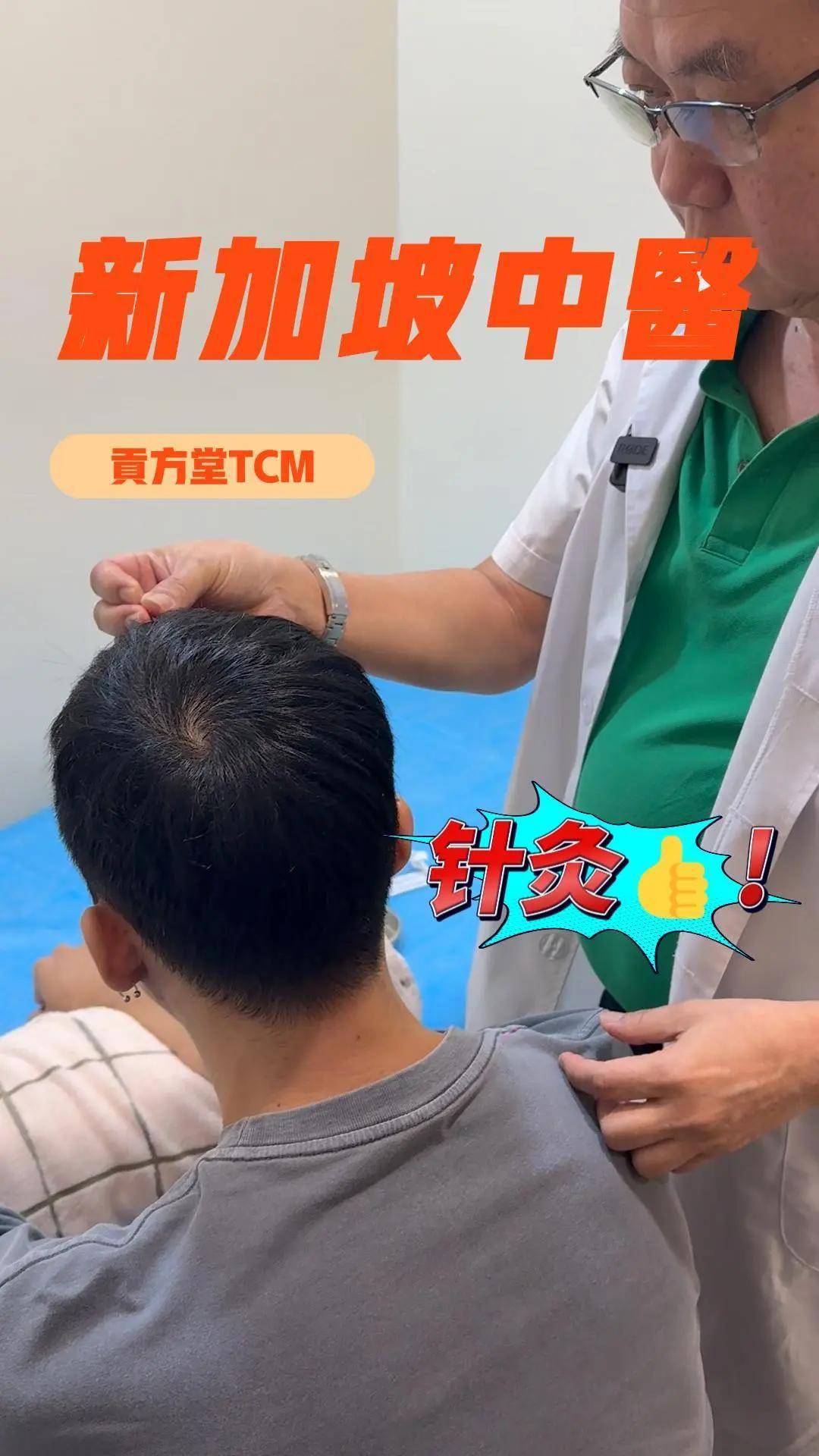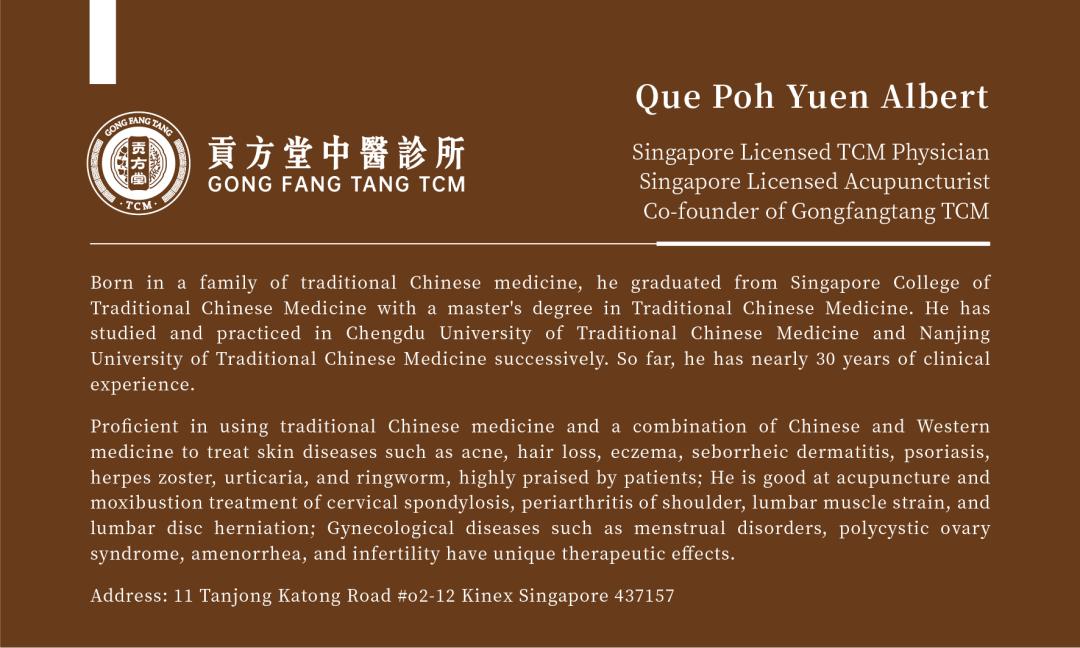Have you noticed more hair falling out during recent hair washes? Hair tangling around your fingers when combing? Your hairline receding further back? With the accelerating pace of modern life, hair loss can affect anyone, regardless of gender or age. Dr. Qiu Baorun, a TCM physician at Singapore's Gong Fang Tang TCM Clinic, points out that treating hair loss emphasizes "syndrome differentiation and treatment." The focus is on improving hair health by regulating the body's internal environment, not merely addressing superficial symptoms.

The Root of Hair Loss Lies in Visceral Imbalance
Dr. Qiu explains that hair loss is primarily related to the functional states of the liver, kidneys, and spleen. The kidneys store essence, and its radiance manifests in the hair; insufficient kidney essence can lead to dry, brittle, and shedding hair. The liver governs blood storage; deficiency of qi and blood deprives hair follicles of nourishment. Those with spleen and stomach weakness often suffer from impaired transportation and transformation of nutrients from food and water, failing to nourish the scalp. Modern lifestyles involving chronic sleep deprivation, excessive stress, and poor dietary habits are common triggers for "root deficiency with excess manifestations" – the root deficiency being insufficiency of qi, blood, yin, or yang, and the excess manifestations being damp-heat, blood stasis, or blood heat obstructing the meridians.

Tailored Treatments Yield Results
At Gong Fang Tang's clinic, Dr. Qiu often creates personalized plans based on the patient's constitution:
Liver-Kidney Yin Deficiency Pattern: Often presents with fine, dry, brittle, shedding hair, accompanied by soreness and weakness in the lower back and knees. Treatment typically involves herbs like Prepared Rehmannia Root (Shu Di Huang), Prepared Fleeceflower Root (Zhi He Shou Wu), and Goji Berries (Gou Qi Zi) to nourish the liver and kidneys, combined with acupuncture at points like Baihui (GV20) and Xuehai (SP10) to harmonize qi and blood.
Spleen-Stomach Damp-Heat Pattern: Characterized by an oily scalp, excessive dandruff, and itching. Treatment focuses on clearing heat and draining dampness, using modified formulas like Er Chen Tang (Two Aged Herbs Decoction) combined with Ping Wei San (Stomach-Calming Powder). Patients are also advised to reduce greasy and sugary foods.
Qi and Blood Deficiency Pattern: Common in postpartum women or those with chronic illness, manifesting as sparse hair loss and a pale complexion. Treatment heavily utilizes herbs like Astragalus Root (Huang Qi), Chinese Angelica Root (Dang Gui), and Codonopsis Root (Dang Shen) to tonify qi and nourish blood, supplemented with dietary therapy such as red date and Chinese yam congee.
Combining External and Internal Therapies
Herbal Hair Rinses: Decoctions made from Chinese Arborvitae Twigs (Ce Bai Ye), Lightyellow Sophora Root (Ku Shen), and Danshen Root (Dan Shen) can reduce inflammation, relieve itching, and promote blood circulation to hair follicles.
Acupoint Massage: Daily pressure on points like Fengchi (GB20), Taixi (KI3), and Sanyinjiao (SP6) can stimulate the flow of meridian qi.
Modern Therapies: Combining techniques like infrared light therapy and herbal iontophoresis allows effective herbal components to reach the affected areas directly.

Case Study
Patient: Ms. Li, 32, homemaker
Chief Complaint: Receding frontal hairline and oily scalp 6 months postpartum.
Syndrome Differentiation: Qi and Blood Deficiency combined with Damp-Heat.
Prescription: Modified Gui Pi Tang (Spleen-Restoring Decoction) for internal use, combined with Plum Blossom Needle therapy.
Feedback: After 3 months, dense fine hair (vellus hair) grew along the hairline, and hair volume recovered to approximately 80% of pre-pregnancy levels.
Dr. Qiu Baorun emphasizes: "Treating hair loss is like nurturing a sapling – it requires attention to the soil (scalp environment), the roots (hair follicle health), and nutrients (qi and blood supply). TCM, through holistic regulation, not only stops hair loss and promotes regrowth but also improves overall constitution, addressing the problem at its root."

TCM emphasizes syndrome differentiation and treatment. Specific herbal formulas, usage, and dosage must be tailored and adjusted under the guidance of a professional physician based on individual patterns. Self-medication is strictly discouraged.